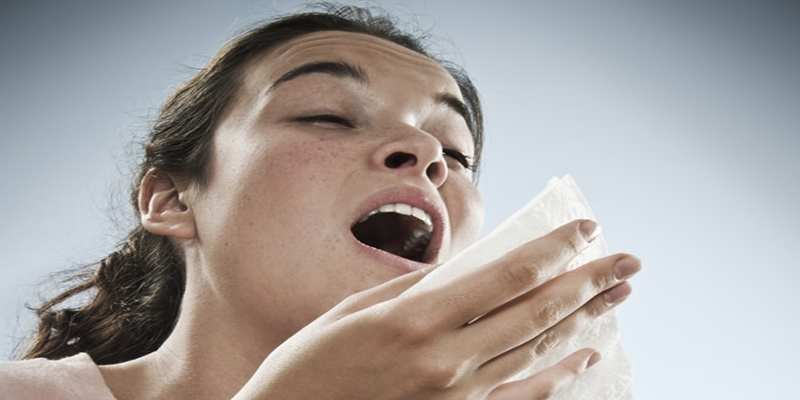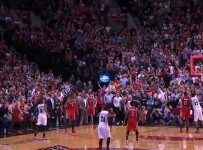Here’s a question…when is something to be sneezed at?
If your friend says she finished second in a beauty pageant featuring 1000 contestants, you may respond, “that is nothing to sneeze at.” What place would she have had to finish for you to sneeze at her. 3rd? 4th? If she finished last, would that be something to sneeze at?
Probably not.
I can think of many different expressions that hearing news might cause. It might make me happy, angry or sad, but I doubt it will ever make me feel the need to sneeze. So why is there an expression, “nothing to sneeze at.”
Here’s the answer…
Wonder Why Wednesday: Origin of the Expression “Nothing to Sneeze At”
The origin of this phrase dates back to the 17th century, when the craze of snuff boxes caused an awful lot of sneezing. People sniffed a pinch of snuff because they wanted to be able to sneeze on call. Sneezing was seen as a status symbol. If you could afford the snuff, you could sneeze whenever you liked and you could choose to use those sneezes as a sign of authority.
If you were in the middle of a conversation and the other person was saying something you disapproved of, you could show your disagreement by getting out your snuff box and sneezing. (As someone who never passes up a hand sanitizer dispenser, just reading that last sentence makes me want to take a shower.) If you agreed, or you found what they were saying to be noteworthy, you didn’t sneeze.
The phrase, “not to be sneezed at,” first appeared in 1799, in a play called “Fortune’s Frolic” written by John Till Allingham:
Why, as to his consent I don’t value it a button; but then £5000 is a sum not to be sneezed at.”
With all the sneezing taking place, the phrase caught on. And it still exists to this day. Thankfully we can’t say the same for society’s desire to sneeze on command.
Source: Today I Found Out
Photo credit: Flickr




